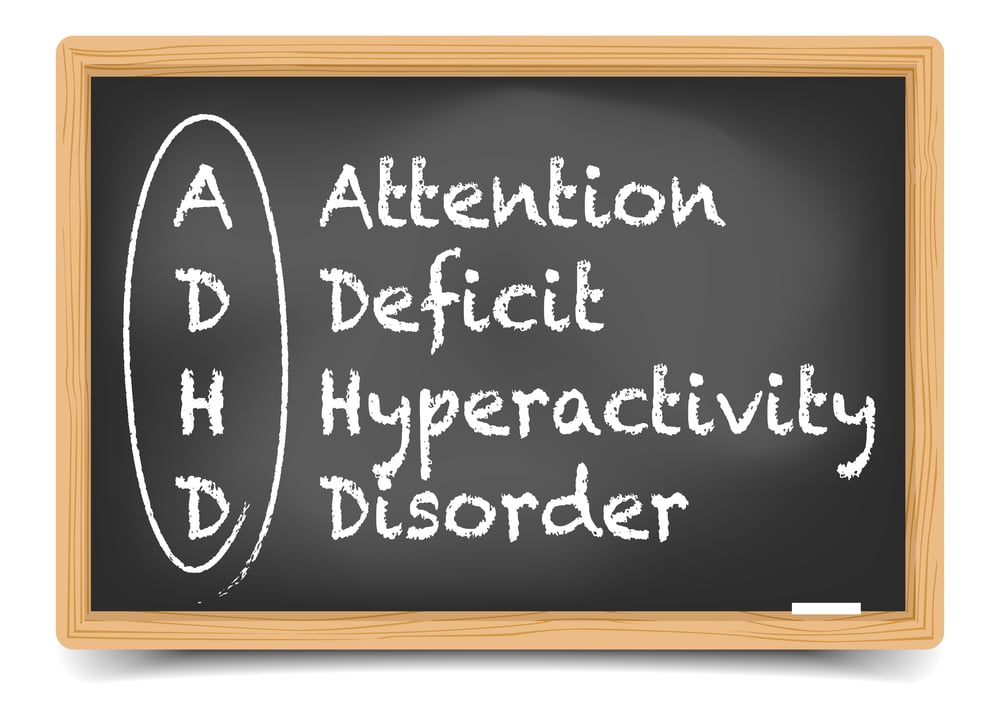Social media is both a blessing and a curse when it comes to mental health. On the one hand, it raises awareness about mental health issues and options available to help manage conditions that people may not have otherwise known about, and it helps people realize that they’re not alone, that there are treatment options available. With how stigmatized mental health issues are, this is a true blessing.
On the other hand, given how much overlap there is with mental health issues and how people can experience something without it being connected to any underlying issue, this leads to misinformation and people jumping to conclusions, such as: “Did I develop ADHD? This wasn’t a problem before! But I relate to all these symptoms so much….”
Since this happens with ADHD quite frequently, it leads many people to wonder whether or not you can develop ADHD or if it’s something you’re born with. So many posts about the symptoms of ADHD can be so relatable, but people can overlook the fact that other conditions can present similar symptoms and that sometimes, you experiencing something isn’t a sign that you’ve developed ADHD, but rather, just a part of life.
Here’s what you need to know about ADHD, whether you can develop ADHD, and what to do if you either have or suspect that you may have ADHD.
What Is ADHD?

ADHD is a neurodevelopmental disorder that is typically diagnosed in childhood, but can be diagnosed later in life. Common symptoms of ADHD include:
- Impulsiveness
- Disorganization
- Difficulty concentrating
- Trouble coping with stress and frustration
- Problems following through with tasks
- Poor time management
- Restlessness
- Excessive activity
- Mood swings
- Taking unnecessary risks
- Struggling to take turns
- Difficulty with interpersonal relationships
- Easily distracted
- Making careless mistakes
- Forgetfulness
- And more
What Causes ADHD?
When people talk about whether you can develop ADHD, a lot of myths about ADHD end up flying around. Some popular myths about what can cause ADHD that lead people to believe you can develop ADHD include: excessive screen time, sugar, social and/or environmental factors, and parenting styles. These are just that: myths. Although all of these can cause symptoms similar to ADHD – it’s no secret that people who spend an excessive amount of time on screens struggle to maintain focus – as well as worsen ADHD symptoms, they do not cause ADHD.

Scientists are still studying causes of ADHD and potential risk factors in order to better understand it. Current research links genetics with ADHD, for if a child has it, chances are, one of their parents does too. Other potential causes and risk factors for ADHD include:
- Brain injury
- Premature delivery
- Low birth weight
- Alcohol and/or tobacco use during pregnancy
- Exposure to lead during pregnancy/at a young age
What’s ADHD And What’s Normal Behavior?
As you can see, almost everyone struggles with symptoms akin to those of ADHD at some point in their lives. If you’ve only recently started struggling with ADHD-like symptoms or if they only present once in a while, then it is unlikely that you have, let alone developed, ADHD. ADHD is diagnosed when the symptoms cause ongoing problems in your life that can be traced back through childhood. Current research states that you don’t develop ADHD, but it is something that can get misdiagnosed or not diagnosed until later on in life, depending on how it presents.
Why ADHD May Be Diagnosed Later In Life
Although ADHD is commonly diagnosed during childhood, there are cases where it isn’t diagnosed until adulthood. This can lead people to believe that you can develop ADHD. ADHD can be diagnosed later in life for a number of reasons, such as misdiagnosis or symptoms not being as evident in childhood. It’s common for women not to be diagnosed with ADHD until adulthood, due to socialization and how it presents.

ADHD can fly under the radar due to high IQ, parental guidance, or simply no one having known to look for it. Given how differently symptoms can present and how ADHD is largely diagnosed through observation, it can be challenging to diagnose.
Many adults with ADHD don’t realize they have it, especially since symptoms can range from mild to severe. They just know it can be challenging to focus, that they struggle to remember plans and meetings, and that impulse control is very hard. Symptoms can change over time and look different – while ADHD may present as hyperactivity in a child, in an adult, it could look more like someone who is restless.
What Can Get Mistaken For ADHD
If you’re suddenly experiencing symptoms similar to ADHD as an adult that you never struggled with before, it’s unlikely that you are struggling with ADHD, as you don’t just develop ADHD out of nowhere. It is always wise to consult with your doctor about your concerns, as they will be able to help you determine what’s causing these symptoms.
These are certain conditions and experiences that can look like ADHD, which leads people to think you can develop ADHD. For instance, depression can make it impossible to focus. Anxiety can make you restless. Sleep problems, trauma, substance use, menopause, and many other conditions can cause symptoms similar to ADHD.
What To Do If You Suspect You May Have ADHD
If you’ve wondering about whether you can develop ADHD because you’re experiencing similar symptoms, it’s best to talk to your doctor or a mental health professional. Chances are, you may indeed have ADHD that simply wasn’t diagnosed. It could also be that you have another condition that presents similarly. Regardless, if you suspect you may have ADHD, a medical professional will be able to help you find answers and suggest treatment methods.
Ogden Psychological Services offers professional mental health services. We offer Neurofeedback therapy and talk therapy, both of which can help with ADHD. If you would like to learn more about ADHD or set up an appointment, please don’t hesitate to contact us.



